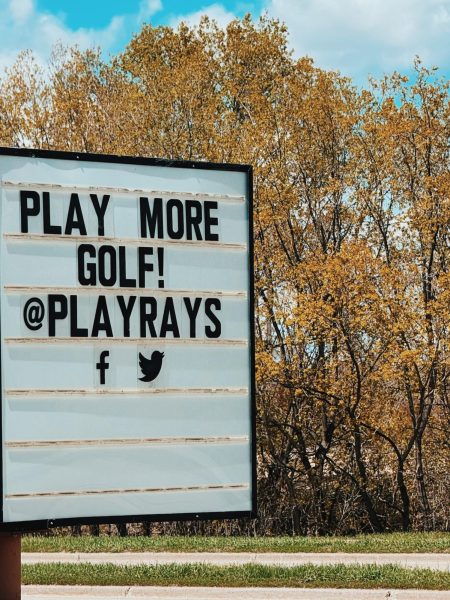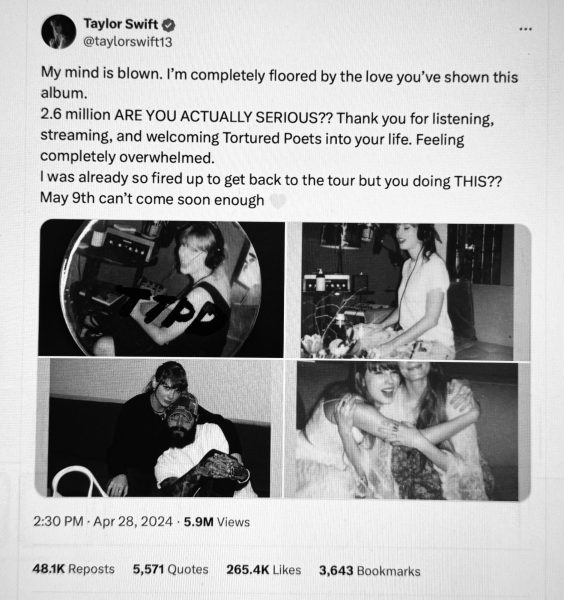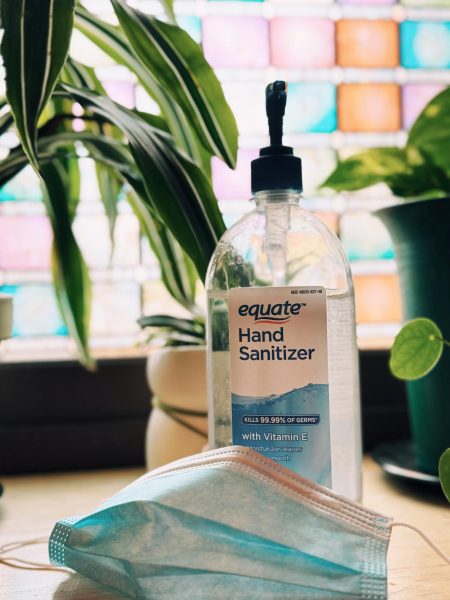Implications of media bias
November 22, 2016
Election year media coverage often brings up a recurring topic of debate: media bias. This cycle was certainly no exception, and the debate won’t be going away anytime soon.
I’ve always found it peculiar when critics of the media choose to use the term “the media” in the first place. The media are a very large and ever-changing institution; the so-called fourth estate isn’t some sort of monolithic, cohesive unit. It ranges from bi-weekly student newspapers to the New York Times, local news affiliates to Fox News, conservative talk radio to NPR. These differences are further exaggerated by non-traditional outlets, like blogging, podcasts or social media posts.
It’s not really a stretch to say that these things are different from each other, and that they all have their own biases. So instead of railing against “media” bias, perhaps people should start saying they think a particular media outlet has a certain bias. It would certainly be more accurate.
Bias itself is a very subjective and nuanced idea. In news coverage, most people expect a reasonable level of objectivity, but this is not the easiest thing to determine. Blatant bias is simple to detect for even a casual observer, but tone and phrasing are much more subliminal and difficult to determine. Oftentimes, bias can simply be what a particular outlet chooses to cover and what it chooses not to.
The media, like any institution, is made up of people who are imperfect, make mistakes and yes, have biases. Obviously certain groups within “the media” will have different biases than others, at times even intentionally so. If someone thinks a particular media outlet has bias, they are certainly free to say so. Under the First Amendment of the Constitution, people have the freedom of speech; if a person wants to use this freedom to call out perceived biases of a media outlet, they can.
Also protected under the First Amendment is the freedom of the press. This includes press that is biased or publishes things that people may disagree with. We have libel laws that allow people and corporations to sue media outlets for publishing patently false and malicious statements.
Consider the alternatives. We could have the government dictate what the media should write, like Russia, China and North Korea do to various extents. We could return to the “Fairness Doctrine,” which would result in outlets being required to provide equal coverage to both sides of an issue regardless of their merit, and the government would decide if this coverage is “fair.”
Or maybe we could switch to the style of libel laws that the United Kingdom has, where journalists who are sued for libel are essentially guilty until proven innocent.
None of these options sound better than our current system in the United States, despite its flaws. This isn’t to say that bias is good, but more so that it is something that comes along with having a free press. Consumers should hold media companies accountable when they are biased, make mistakes or do something stupid or underhanded. Courts should hold them accountable when they break the law.
Since biases will always exist to various extents, it’s probably good to get news from a variety of sources and not blindly accept things as gospel. This is especially true at a time where fake news stories frequently go viral on social media, itself a topic worthy of a column. Being a consumer of media does require some effort, and it likely won’t be helpful to lump all media sources together as “the media.”
We will never have a media system that is free from bias. While we should expect factual news, it would be naive to think that it will always be completely objective. This is impossible. While our system is indeed flawed in certain ways, but it is better than the alternatives.
Sean Cleary is a copy editor for The Dakota Student. He can be reached at [email protected]











